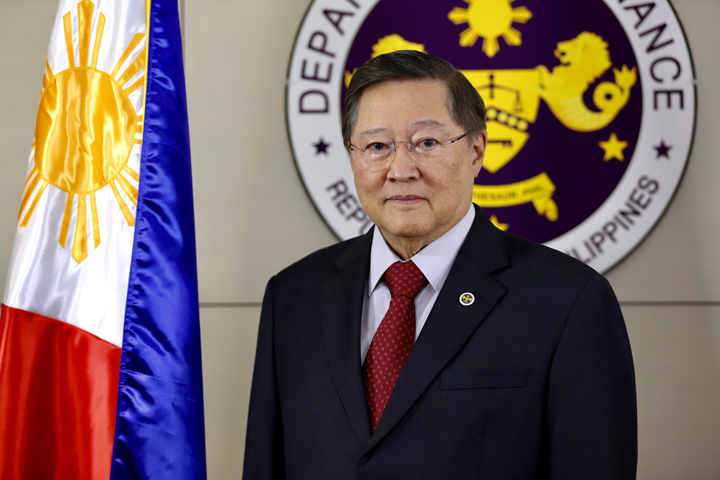
The Philippine government Wednesday launched its sustainable finance roadmap to address the country’s policy and regulatory gaps in promoting sustainable investments.
According to one of the plans under the Financing Pillar of the newly launched Philippine Sustainable Finance Roadmap, the Inter-Agency Technical Working Group for Sustainable Finance (ITSF) “will continue to explore a range of initiatives to increase the supply of sustainable finance”, including providing tax incentives for sustainable bonds.
The ITSF is led by the Department of Finance and the Bangko Sentral ng Pilipinas (BSP).
“Governments can offer tax and other fiscal incentives to issuers of sustainable bonds to encourage the issuance of such bonds. Fiscal incentives include tax credits to bond investors such that the sustainable bond issuers do not have to make interest payments (“tax credit bonds”), cash rebates to the sustainable bond issuers which subsidize the interest payments (“direct subsidy bonds”) and tax exemptions for investors on the bonds’ interest such that sustainable bond issuers can get lower interest rates (“tax-exempt bonds”),” read the sustainable finance masterplan launched on Wednesday.
However, it was also pointed out in the same blueprint that providing tax incentives may also distort the market and create a policy risk for a sustainable bond market since the attractiveness of sustainable bonds may be dependent on the government’s willingness to keep offering those tax incentives.
Based on BSP’s Circular on Sustainable Finance Framework, sustainable finance refers to any form of financial product or service which integrates environmental, social and governance criteria into business decisions that supports economic growth and provides lasting benefit for both clients and society while reducing pressures on the environment. This also covers green finance which is designed to facilitate the flow of funds towards green economic activities and climate change mitigation and adaptation projects.
Divided into three pillars, the newly launched roadmap is the outcome of the Philippines’ partnership with the government of the United Kingdom in helping the country implement the ASEAN (Association of Southeast Asian Nations) Low Carbon Energy Program. These pillars include Policy, Financing, and Investment.
Other plans laid out in the roadmap include assessing the need for training and guidelines or issuance of sovereign sustainable bonds to stimulate the market for sustainable financial products, monitoring and reviewing the need for supervisory expectations or climate stress tests for firms in the financial sector in order to size their exposure to climate-related financial risks, and reviewing the need to establish pipeline database for public and private sector projects, among others.
The blueprint was designed to lay out the high-level action plans of the government to promote sustainable finance in the country. It was also launched together with Guiding Principles which was developed to establish a common understanding among stakeholders of the economic activities in the country that can be considered as “sustainable.”
During the launch on Wednesday, Dominguez said the roadmap and the guiding principles is “a major step forward in our comprehensive national effort to combat climate change and support our sustainable recovery and development.”
Moreover, he said he will bring the blueprint in the forthcoming 26th United Nations Climate Change Conference of the Parties (COP26) in Glasgow, Scotland, where he will ensure that the voices of climate change-vulnerable countries like the Philippines will be heard.
“The Roadmap underscores our commitment to deliver on our carbon reduction pledges. We hope this roadmap will inspire other countries towards adopting the appropriate finance policies that will help in the reduction of carbon emissions,” Dominguez said.
To attain its commitment to the Paris Agreement of reducing the country’s greenhouse gas emissions by 75 percent over the next decade, Dominguez said the government must lead the implementation of practical and achievable solutions on the ground.
The finance chief also reiterated that the government is tapping a financing mechanism that will improve the generating capacity of the Agus-Pulangi hydropower complex in Mindanao while retiring coal-fired plants in the region and repurposing them.
“This landmark project will be launched at the COP26 meeting in Glasgow. This could serve as a model for coal-dependent emerging economies to gradually shift from fossil fuels to more sustainable and greener energy sources,” Dominguez said.

